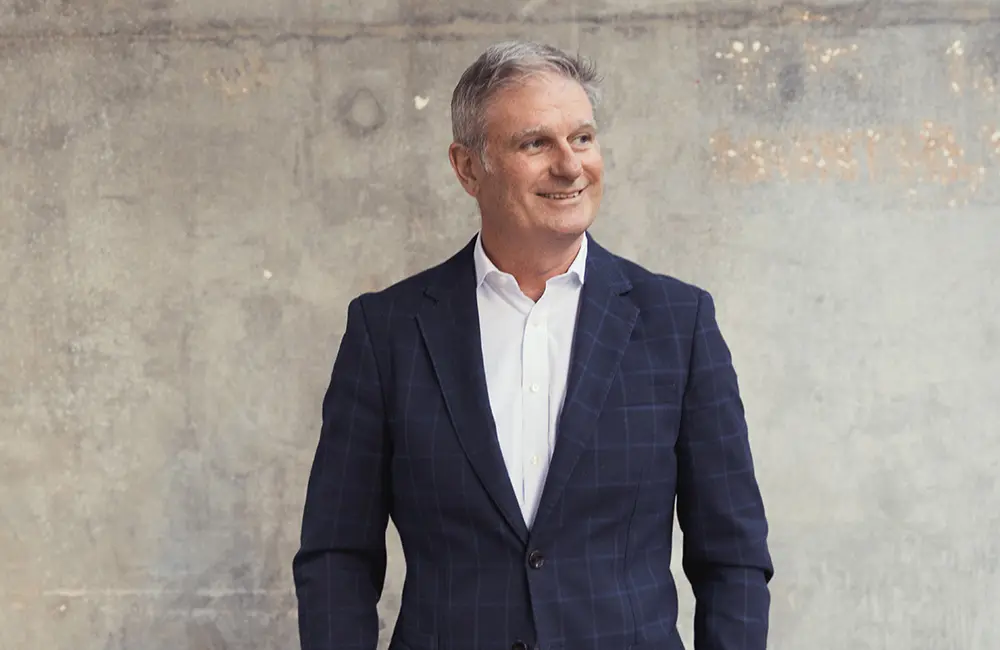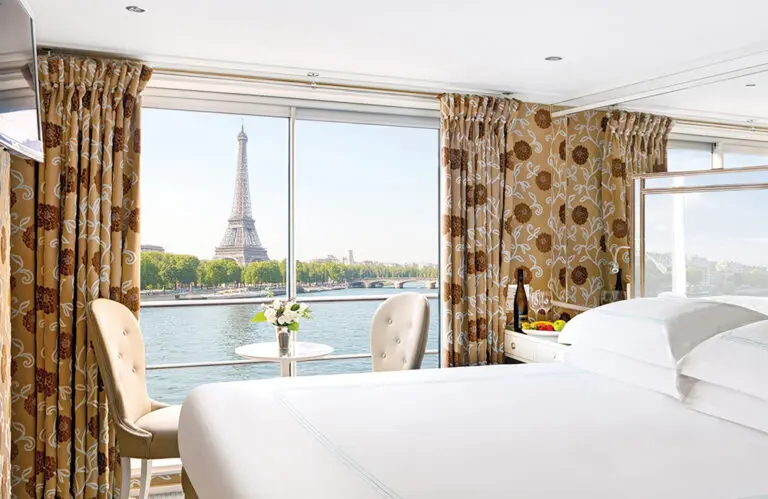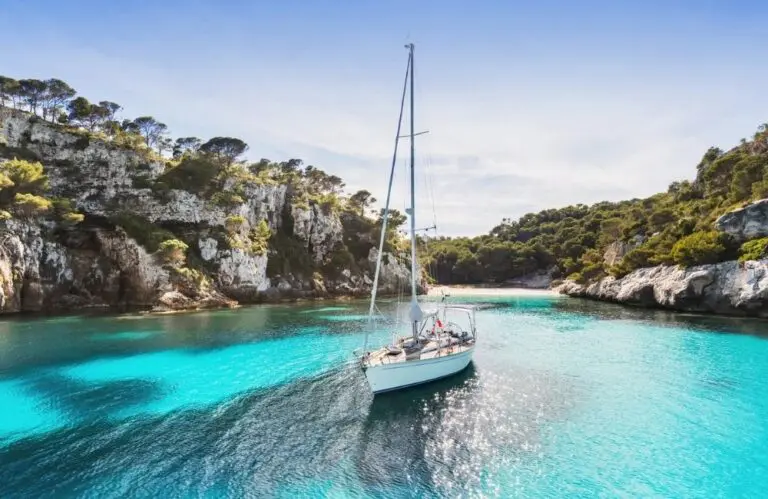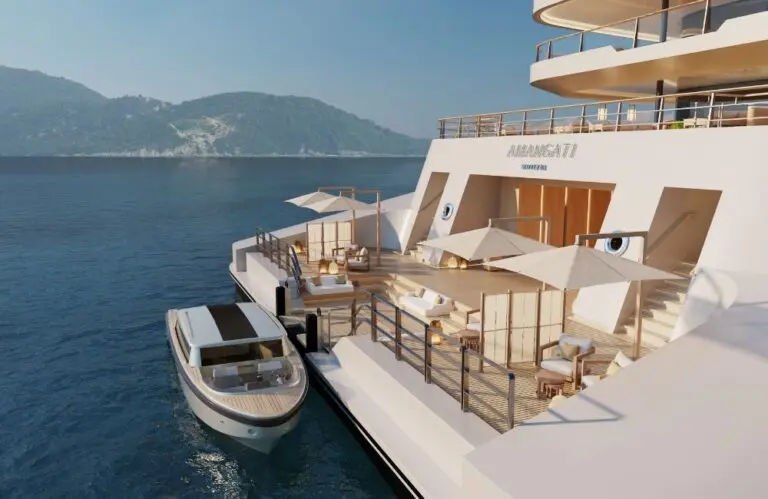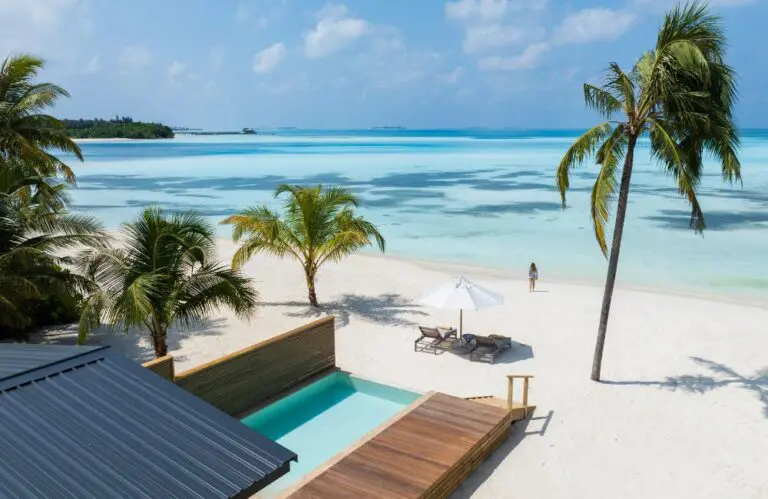With the US high-end segment showing significant growth and no signs of slowing, ex-Flight Centre Global CMO Darren Wright shares the latest US luxury travel trends from the largest travel company in the USA.
Darren “Daz” Wright has a formidable background in aviation and leisure travel sectors with more than 30 years’ experience shaping brand marketing and positioning for the likes of Flight Centre, AirAsia, Scoot and Virgin Blue (now Virgin Australia).
He founded SixP consultancy in 2004, somehow finding time to balance his leadership roles and help create strategic brand and marketing approaches for friends’ businesses.
The company name refers to the five ‘Ps’ of marketing – Product, Price, Place, Promotion and People – with Wright adding a sixth: “I overlaid ‘Performance’, because if it doesn’t perform, you’re not actually achieving anything – it’s worth nothing.”
After Wright left FCTG in February 2024, other former Flight Centre Travel Group heavyweights joined the consultancy, including Melanie Waters-Ryan, who serves as an associate, and Director Sandra Cavallin.
All about Internova
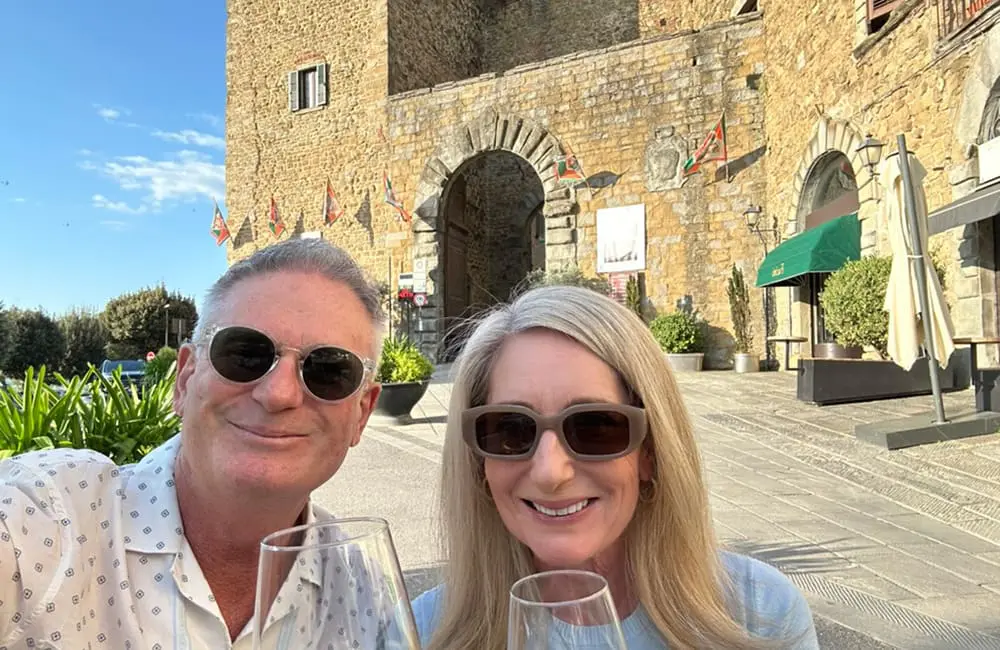
With Wright and Cavallin now based in Italy, SixP currently provides fractional C-suite and management advisory services to Internova Travel Group, an international consortium across luxury, corporate and leisure travel, headquartered in New York City.
With more than 6,000 company-owned agencies and 100,000 consultants across North America and a footprint in the UK, Internova is the largest travel company in the US.
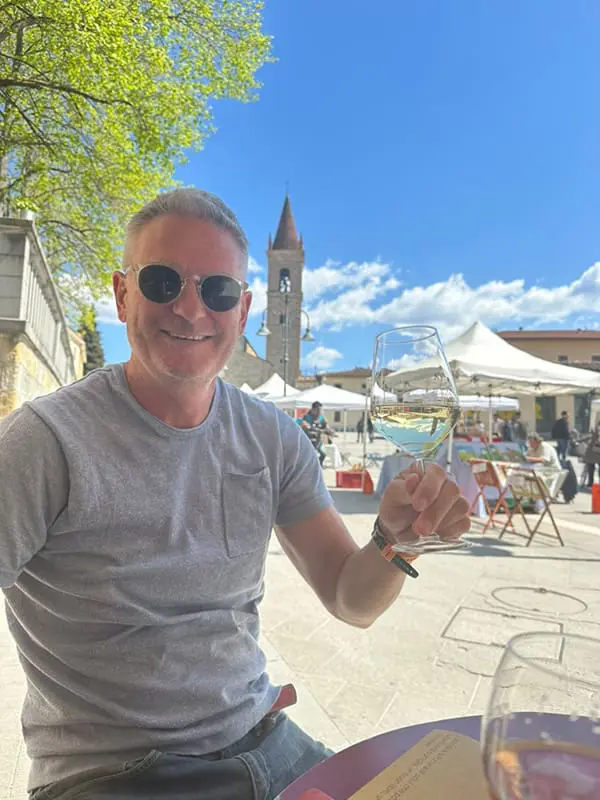
“It’s massive in terms of size and scale, so [Internova] is a big player and 99 per cent of the business is based in the US,” Wright said.
Internova owns several B2B and B2C businesses, including luxury (Global Travel Collection and In The Know Experiences) and corporate brands (Nexion Travel Group), and is firmly planted in the luxury leisure travel space.
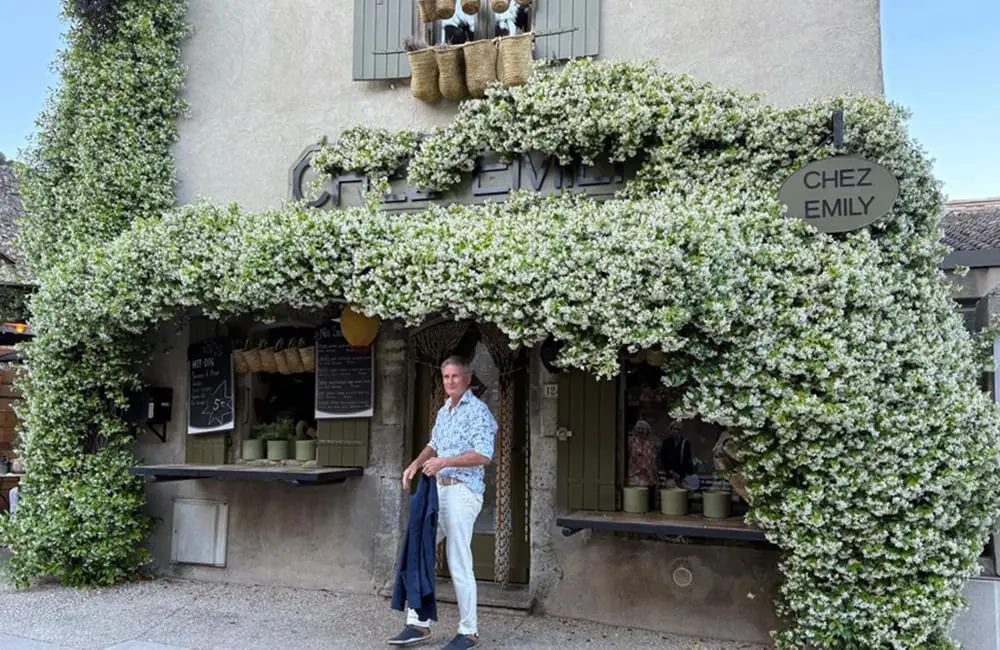
Citing the 12-month lag in US luxury travel trends reaching Australia, Wright said local advisors should look to the USA for insights, emphasising the importance of understanding the needs of luxury clients and predicting future trends.
“The Australian travel market is pretty static in terms of the way things are done. Taking a regressive look at US luxury travel trends 12 months ago is probably where Australia’s luxury travel market should be today,” Wright said.
5 US luxury travel trends to know right now
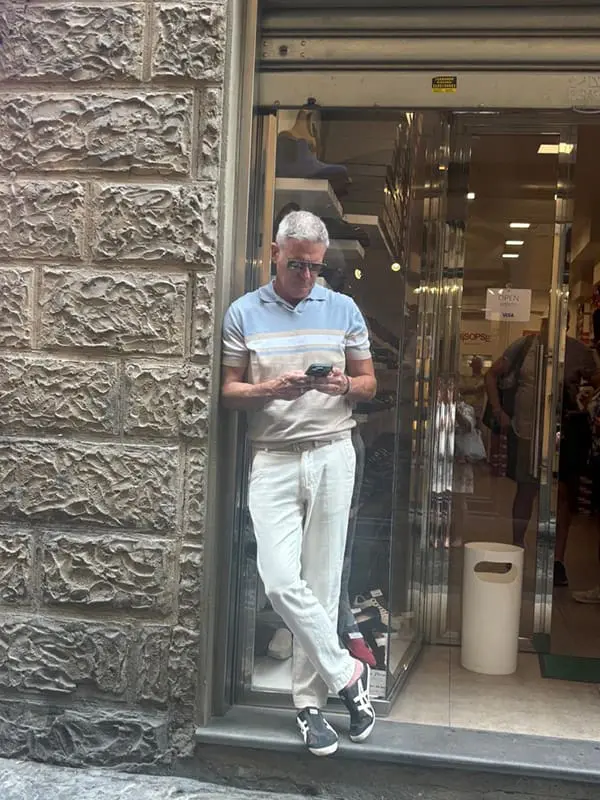
So, what is luxury? “The new definition of luxury is experiences,” Wright said. “And it’s very much about getting time back – time with family to reconnect, time in place to disconnect and time away just to re-energise or heal.”
Trading up to luxury travel
Wright said the average portfolio or sale is now more than USD$100,000 per holiday as consultants see new, wealthy, upper-middle-class clients reaching up into the luxury bracket.
“With the US travel market being so massive, there is a lot of trading up among the wealthy middle class, and the luxury is getting even more luxury,” he said.
New wealth and younger skew
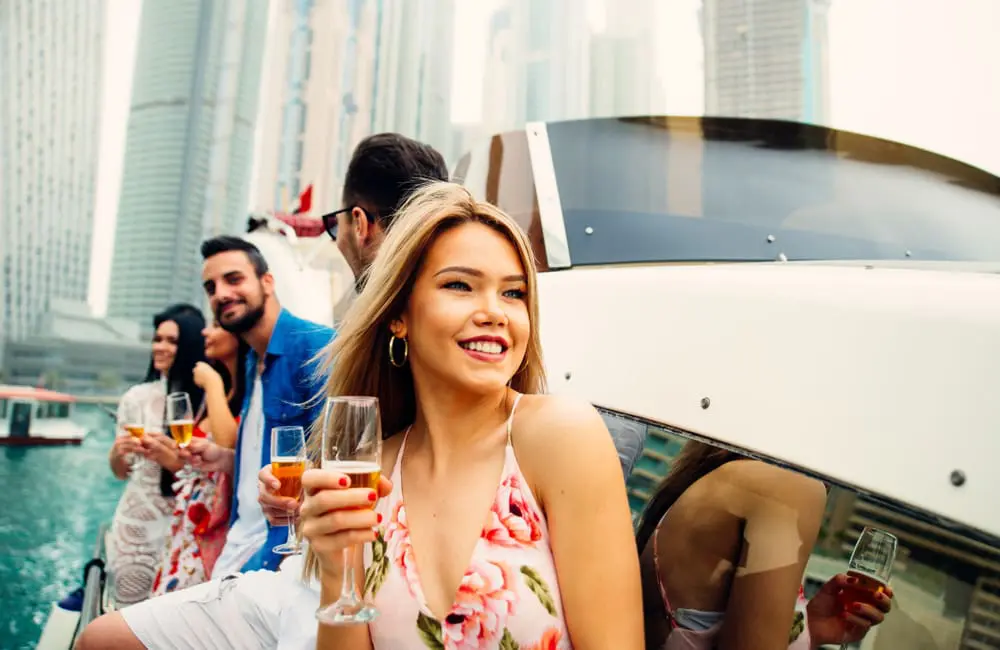
Millennials are emerging as the new high-net-worth traveller in the US compared to the traditional Australian luxury traveller, who skews older. These younger travellers, either couples, groups travelling together or young families, are shaping what US luxury travel trends look like in the US right now.
“Smaller groups of younger travellers or couples are taking advantage of their income brackets for quick, immersive, higher-end escapes that are longer than a long weekend, grabbing their closest mates and disappearing for a five- or six-day stint,” Wright said.
Multi-gen holidays go private
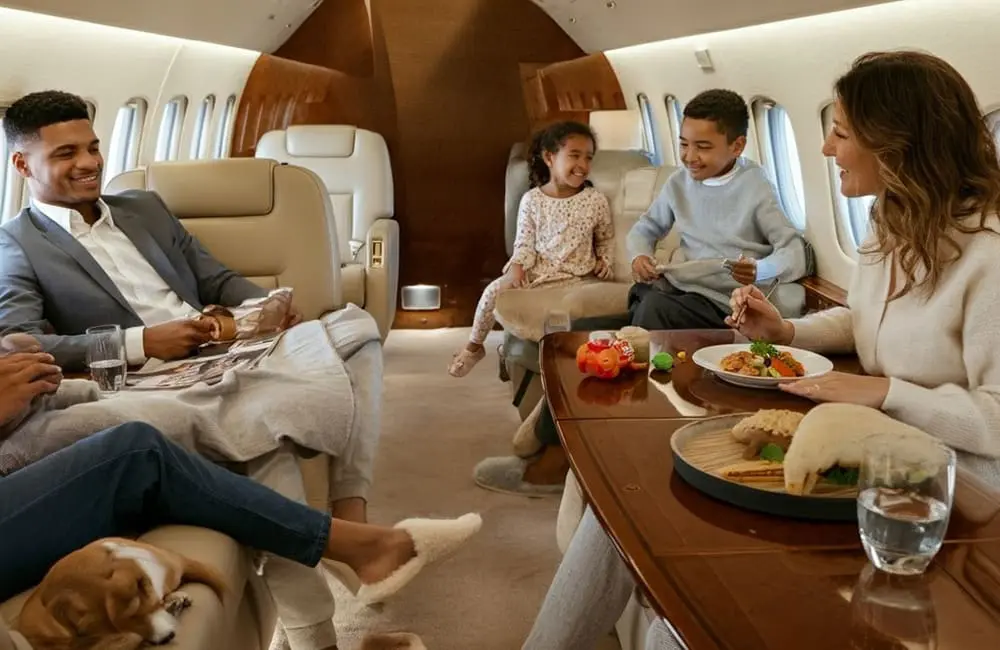
Multi-generational travel also continues to trend among this emerging demographic.
“We are seeing a lot of private touring among larger groups and families, whether they’re booking out planes, buses, islands, private helicopter transfers, private yachts,” he said.
“Multigenerational ski to Japan and the European Alps is also quite large as well.
“This level of high-end luxury hasn’t been affected by what is happening in the US in its current geopolitical environment.”
Independent consultants as influencers
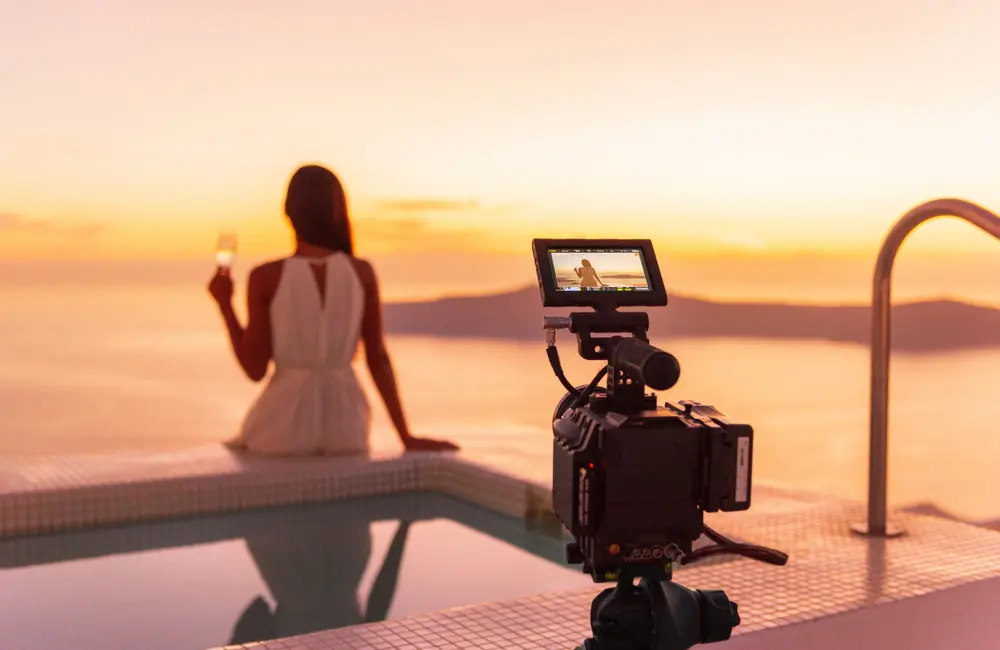
Internova’s 100,000 independent consultants (ICs) double as influencers, using their sizeable social media followings to inspire and book travel, shifting outdated perceptions of the traditional travel agent role.
“These new ICs are predominantly influencers, and they are booking travel for the people who are addicted to who they are and what they represent. The growing trend is influencers who start to sell travel and then bring their network into their world, and it’s very much in that high-end space,” Wright said.
“Internova is very much geared towards that with a competitive tech base because these ICs don’t want to go anywhere near a GDS – it’s basically point-and-click sales.”
Emerging destinations and travel styles
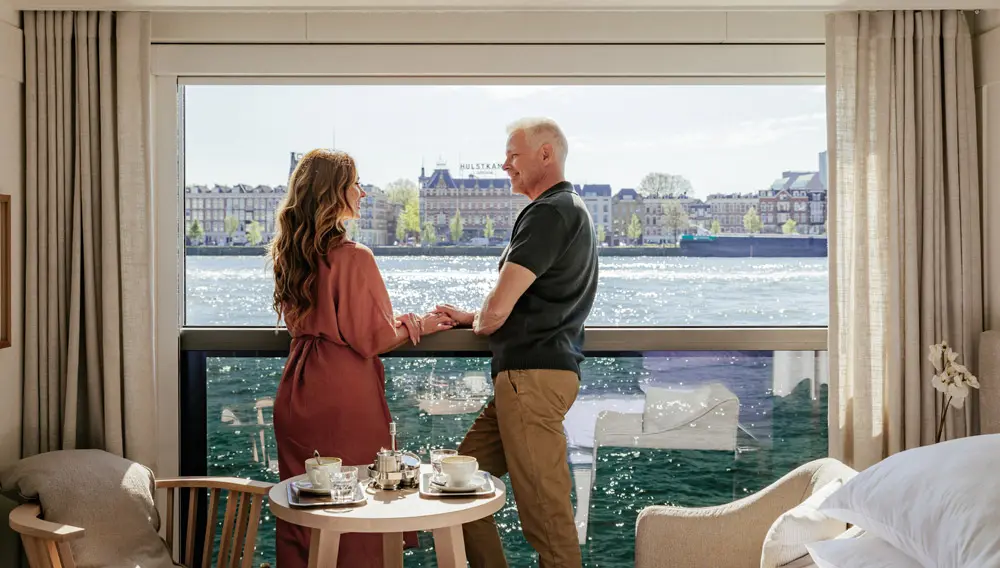
Cruising, both luxury and premium ocean and river cruises, continues to dominate US luxury travel trends with small-group, private touring also on the rise, led by bespoke experiences. Wellness is often categorised within tours, making it harder to discern growth as these experiences are wrapped into pre- and post-cruise or tour packages.
Similar to Australia, Europe is massive for US-outbound travel, especially high-end European river cruising and luxury lodges, followed by beach escapes, such as Mexico.
The future of luxury travel
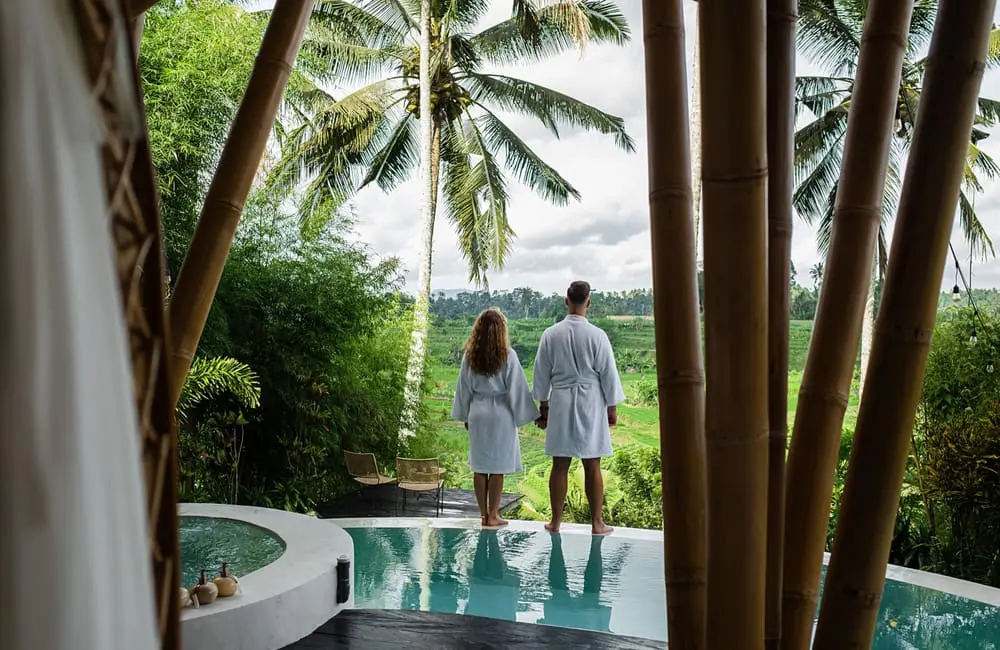
Australian travel businesses should focus on experiences and the time-saving aspects of luxury travel, while continuing to innovate to attract luxury travellers.
“The biggest learning about US luxury travel trends for Australian advisors is that luxury equals time,” Wright said.
“It feels like everything is running at full pace, and there is a lot of desire to not be where you are right now. People are not saving up for holidays; they want it now.
“Looking at future predictions for the luxury traveller, I think people will take more frequent, higher-value luxury adventures rather than the big once- or twice-a-year trip.
“I’d advise listening to what an Australian luxury customer wants and get in front of the conversation to give them something they don’t even know they want yet – coming up with something new.”

